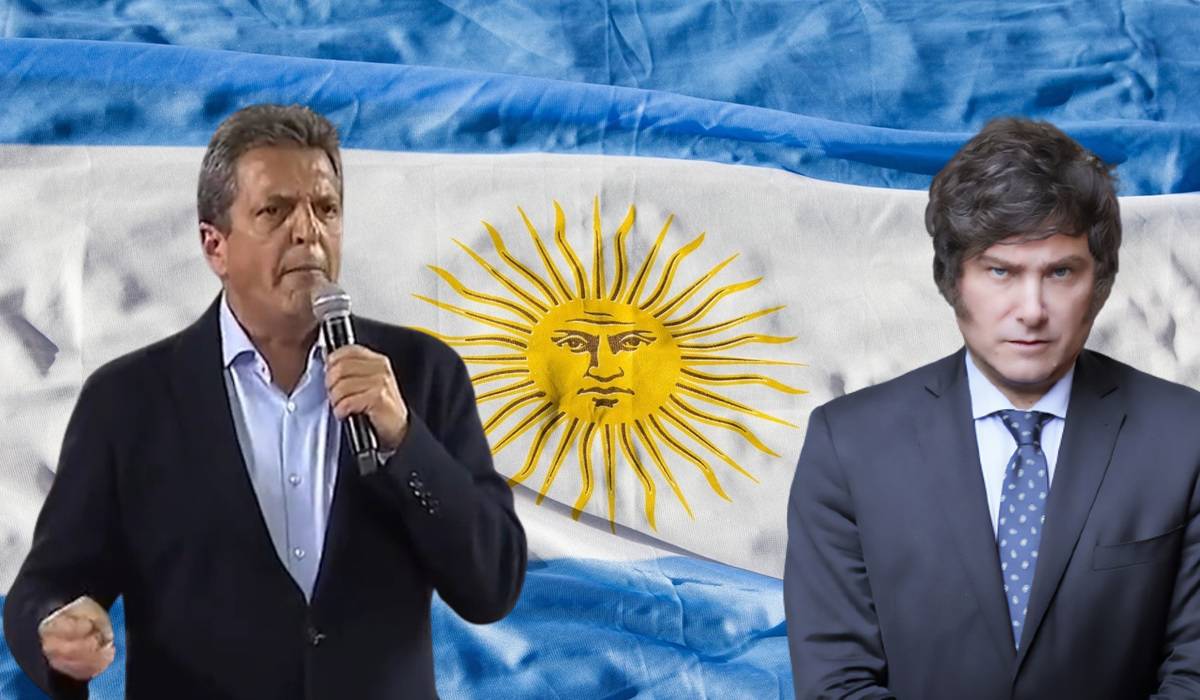Argentina’s political landscape is currently abuzz with anticipation and uncertainty as the nation heads towards a crucial run-off vote in the presidential election. The two leading candidates, Congressman Javier Milei and Sergio Massa, former President of Argentina’s Chamber of Deputies, are set to go head to head in a runoff election, reflecting the changing dynamics of Argentine politics. This runoff is a testament to the country’s evolving political landscape, highlighting the growing disillusionment with traditional parties and their handling of the economic challenges that have plagued Argentina for years.
A Run-off vote occurs when no candidate in the presidential election secures an absolute majority (50%+1) of the votes during the first round. In this election, both Milei and Massa fell short of the required threshold. The Congressman received 30 percent whereas Massa was slightly favoved better with 36 percent. A run-off election, therefore, becomes necessary to determine the ultimate winner between the two leading candidates. This system ensures that the elected President enjoys broad-based support and legitimacy.
Argentina operates under a representative democracy with a presidential system. The President, who serves a four-year term, holds significant executive powers. The country also boasts a bicameral legislature consisting of the Chamber of Deputies and the Senate. However, the most remarkable aspect of Argentina’s political system is its multi-party landscape, characterized by a rich tapestry of political groups and ideologies.
Javier Milei’s emergence as a prominent political figure in Argentina represents a notable shift in the nation’s political landscape. A far-right populist, Milei has galvanized a significant portion of the population with his unconventional economic policies and disdain for the established political order. Milei has drawn support from those disillusioned with the traditional parties, particularly in the context of Argentina’s longstanding economic woes.
His economic platform is highly controversial. He has proposed radical measures such as eliminating the central bank, replacing the Argentine peso with the US dollar (similar to what Ecuador and El Salvador have done), and slashing public spending. These proposals have gained traction among voters who feel that the country’s economic problems are deeply rooted in the existing system and require a drastic overhaul.
The country has faced recurring economic crises, high inflation, and a growing public debt burden, severely eroding the standard of living for many Argentinians. People are disillusioned with the failure of established parties to address these issues effectively. This has created an opportunity for candidates like Milei, who offers a radical departure from the status quo.
The upcoming presidential run-off between Javier Milei and Sergio Massa will be pivotal in Argentina’s history. Massa represents a more traditional approach to politics, advocating for a balanced mix of government intervention and market-friendly policies. His candidacy appeals to those who favor a more moderate and centrist approach to addressing the nation’s economic challenges.
The run-off vote will offer Argentinians a clear choice between two distinct visions for their country’s future. It will also reflect the evolving political landscape and the electorate’s growing desire for change and reform. The outcome of this election will not only decide the nation’s leadership but also shape its future direction, both economically and politically, in an increasingly polarized and uncertain world.









